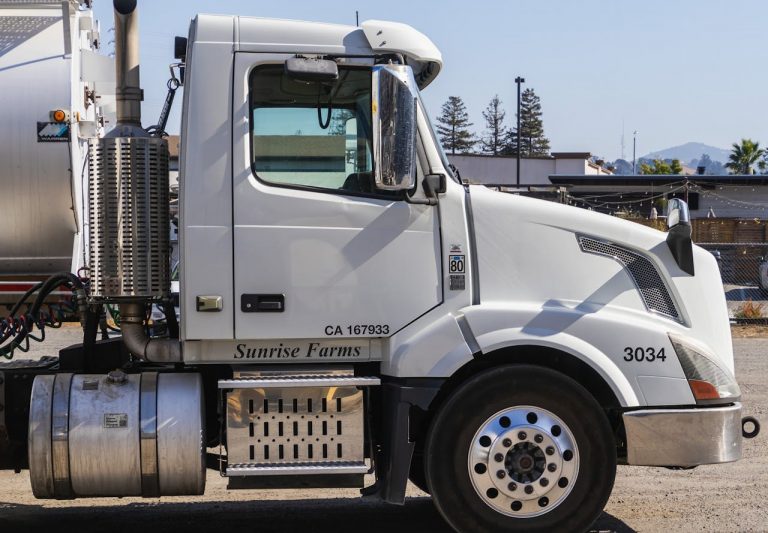A Category C Licence is vital for anyone looking to drive heavy goods vehicles (HGVs) professionally in the UK. It’s the key that opens the door to a myriad of opportunities within the commercial driving industry. Whether you’re a new driver or a seasoned commercial vehicle operator, understanding the ins and outs of this licence can set you on a path to success.
What is a Category C Licence?
The Category C Licence allows drivers to operate vehicles over 3,500kg with a trailer up to 750kg. This is distinct from other licences like the Category C1, which is limited to vehicles between 3,500kg and 7,500kg, or the Category C+E, which permits larger trailers. The Category C Licence is often the starting point for many drivers aiming to handle larger commercial vehicles.
Eligibility Criteria
To qualify for a Category C Licence, you must be at least 18 years old and already hold a full car driving licence. Additionally, passing a medical exam to confirm your fitness for driving heavy vehicles is necessary. This step is crucial to ensure that all drivers can handle the physical demands of the job.
The Acquisition Process
Acquiring a Category C Licence involves both theoretical and practical components. Initially, you will need to pass the Driver Certificate of Professional Competence (CPC) theory test, which assesses your understanding of road safety and driving regulations. Following this, practical training is required, focusing on vehicle control, manoeuvring, and safe driving practices.
The practical test evaluates skills such as reversing manoeuvres, vehicle checks, and on-the-road driving. It’s designed to prepare drivers for the real-world challenges they will face on the road. Those who commit to thorough training and practice stand a higher chance of passing their tests successfully.
Differentiating Between Licence Types
While the Category C Licence is specific to heavy goods vehicles, it’s important to understand how it differs from other licences. The C1 Licence is suitable for smaller vehicles, while the C+E Licence extends the Category C to include larger trailers, making it ideal for those seeking more challenging driving roles. Each licence caters to different vehicle weights and types, providing varied opportunities based on the driver’s career goals.
Career Opportunities
Holding a Category C Licence opens numerous career paths. From travelling across the country transporting goods to joining logistics teams in bustling urban centres, the options are vast. Many drivers find stable employment with logistics companies, retailers, or as independent contractors. This licence not only enhances employability but also paves the way for further advancement within the sector.
Importance of Ongoing Development
Staying updated on industry changes and advancements is crucial for Category C Licence holders. The logistics and transportation industry continuously evolves, and keeping up with new regulations, technologies, and best practices is vital. Engaging in regular training sessions and workshops not only improves driving skills but also enhances safety and efficiency.
Tips for Passing the Category C Licence Test
Preparation is the key to passing the Category C Licence test. Start by understanding the test format and practising regularly with an approved instructor. Familiarise yourself with the vehicle’s controls and ensure you are comfortable performing all necessary manoeuvres. Reviewing practice materials and taking mock exams can also help build confidence and reduce test-day nerves.
In conclusion, the Category C Licence is a gateway to a rewarding career in commercial driving. Through comprehensive training and a commitment to continuous learning, drivers can achieve success and fulfilment in this dynamic field. Whether you’re just starting your career or looking to expand your skills, pursuing a Category C Licence can be a significant step forward.


